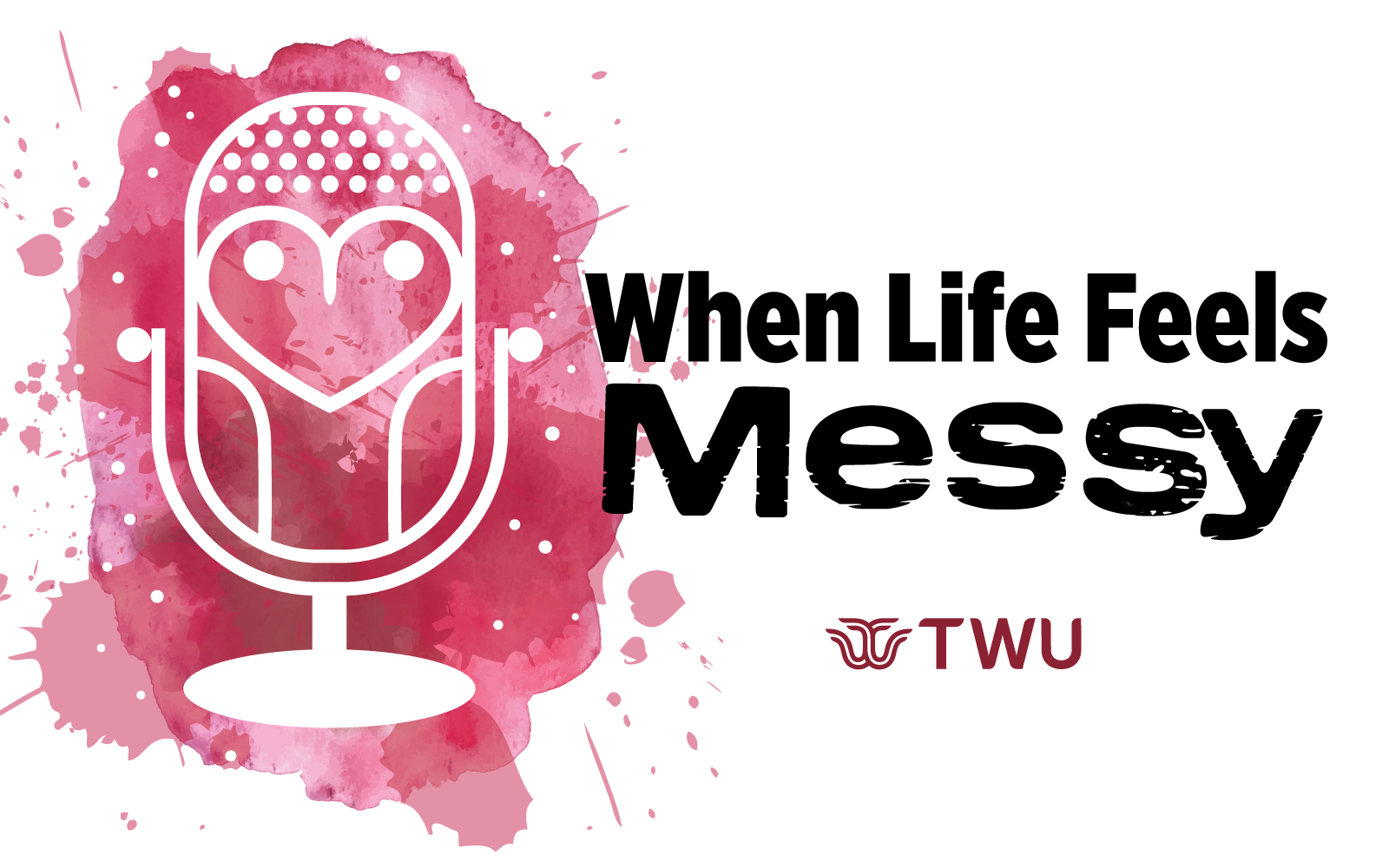Hey Pioneers and welcome to January's blog on how to challenge the tendency of being a people-pleaser!
Raise your hand if you've ever sacrificed your own peace, needs/wants, or happiness to make sure others felt comfortable and to avoid conflict...Yeah, we see you and we know that struggle!
A people pleaser is defined as "a person who has an emotional need to please others often at the expense of his or her own needs or desires". The key takeaways that highlight where this becomes an issue is "emotional need" and "at the expense of his or her own needs or desires". This emotional need means that somewhere throughout life we learned that by pleasing others and focusing on others' happiness fulfilled some element of love and acceptance. This could be by watching role models/caregivers do this same thing, by growing up in an environment where keep the peace and ensuring other's happiness was the only way to experience a "positive" emotion from others, childhood trauma, etc. and when you take into consideration that by doing this you would sacrifice and put aside your own needs or desires, this shows us how top priority others are over our own wellbeing, when we are living through this people pleasing lens and focus. A big motivator in people pleasing is to avoid conflict or rejection, because what is the easiest way to do this? Doing whatever everyone else wants, exactly.
So what are some signs to let us know if we might be people-pleasing:
- You are constantly saying "sorry" and apologizing to others, even when there's nothing to be apologetic for
- You are a "yes" person and don't turn down activities or things that do not interest you at all
- You avoid conflict like the plague
- What others think about you is a constant thought in your mind
- You give too much of yourself too soon
- The thought of others being mad at you is terrifying and causes much anxiety for you
- You take on actions of others that might not be typical of you
- Other's needs are most important and priority, which leaves you feeling overworked and exhausted
If you read that list and some or all resonated with you, that's okay! You are not alone on this and here are some helpful tips for how to start challenging the need and habit of people pleasing and start self-pleasing.
- Practice saying "no" to people and get comfortable doing so.
- Set healthy boundaries
- Spend time reflecting on your needs and prioritize them
- Practice self-love and self-compassion
- Stop over-apologizing
- Take your time to respond to others requests and remember you always have a choice
- Learn to face your fears around anger and rejection
- Accept that you can't please everyone and it's not your job to!
Above all, though, the most important thing as you start to change the mindset from people pleasing is to treat yourself with kindness. Providing yourself love, acceptance, and compassion is the needed foundation to be able to recognize that you deserve the respect and energy you've been giving to everyone else.
Remember, if you find yourself struggling with this or other mental health concerns, contact your TWU CAPS department to start working with a professional.
All the best,
Your TWU CAPS Team
Interested in other When Life Feels Messy content?
Podcast - https://open.spotify.com/show/6lDvZhitB6IB01ex05vw0o?si=a87510fe7229415e
YouTube - https://www.youtube.com/@whenlifefeelsmessy...
Instagram - @twucaps and @twudalhou_caps
TWU CAPS Contact Information:
Denton Front Office - 940-898-3801
Crisis Line - 940-898-4357
References:
https://joyfulstateofmind.com/8-ways-to-stop-being-a-chronic-people-pleaser/
https://psychcentral.com/health/tips-to-stop-being-a-people-pleaser#causes


Comments
Post a Comment